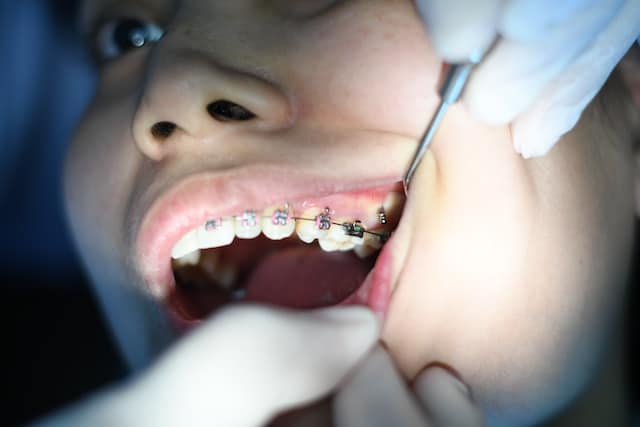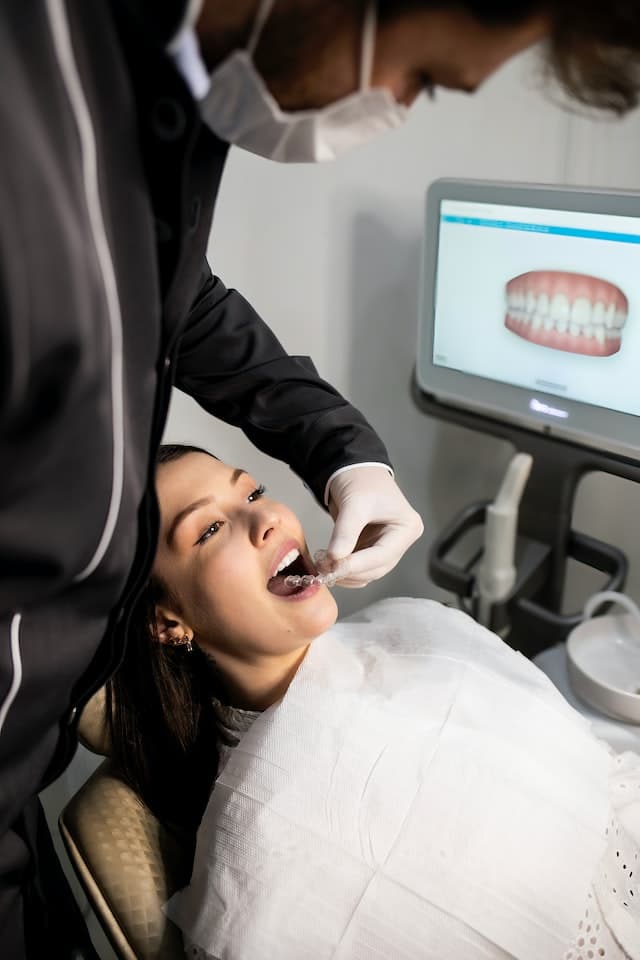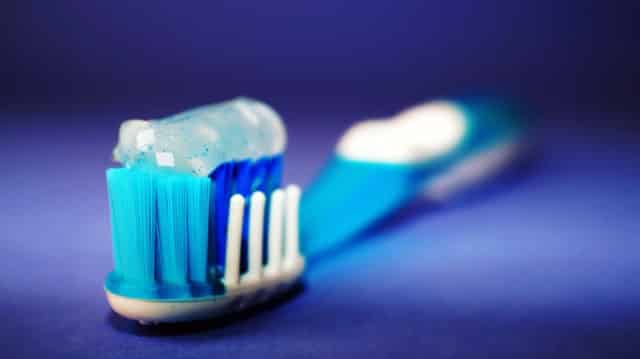Connection Between Diabetes and Tooth Decay, What Can You Do About it?
Diabetes is a lifestyle disease that is caused due to different reasons such as an inactive lifestyle, obesity, etc. It causes havoc in your blood sugar levels leading to many health problems. This post will elaborate on teeth and gum problems that arise due to diabetes. This underlying health issue is often overlooked. Learn more about the link between diabetes and teeth problems such as tooth decay, tooth loss, etc, especially if you have diabetes. This article also includes the preventive ways and healthy food to control diabetes teeth issues.
What is the Impact of Diabetes on Your Oral Health?
Uncontrolled blood sugar weakens your white blood cells. These cells are the primary tool of your body for defense against bacterial infections, including teeth and gum infections. This phenomenon explains the connection between diabetes and tooth decay.
How Other Health Problems Occur Due to Diabetes?
As mentioned earlier, high or low blood sugar levels adversely affect the white blood cells. It also thickens your blood vessels. So teeth problems are not the direct result of diabetes. Instead, these issues are consequences of white blood cells not working correctly.
This means the white blood cells cannot eliminate bacteria from your body. Thus, your mouth becomes the playground of bacteria that enter it in the form of leftover food and drinks.
You also witness rapid heartbeat, fatigue, shortness of breath, increased thrust, and nausea because of high blood sugar. If you haven’t got tested for diabetes, you can treat these symptoms as possible signs of diabetes and get yourself tested.
What are the Common Diabetes Teeth and Gum Problems?
The typical oral health issues you may face because of diabetes are as follows:-
Gingivitis: The thick blood vessels, because of diabetes, restrict the swift flow of nutrients to your mouth. So the body can’t fight the common infections. Therefore most people with diabetes complain of bacterial gum disease, also known as gingivitis.
Gingivitis: The thick blood vessels, because of diabetes, restrict the swift flow of nutrients to your mouth and can’t fight common infections. Therefore most people with diabetes complain of bacterial gum disease, also known as… Share on XThrush: You may need to take various antibiotics to fight the frequent infections in your body. These antibiotics often cause thrush, a fungal infection in the mouth. The high blood sugar in your blood further supports the fungus growth in your mouth.
Dry Mouth: Diabetes reduces saliva flow, which leads to dry mouth. You can keep yourself hydrated to prevent this condition up to a certain extent.
Open Wound: Another complication of diabetes is that it makes healing difficult because of the restricted blood flow to the wound. Thus even minor open wounds of any surgery take time to heal.
How to Prevent Oral Health Issues Due to Diabetes?
Healthcare experts recommend these preventive steps to curb the chances of oral health issues such as tooth loss or decay due to diabetes:-
- Go for regular dental check-ups every 6 months.
- Maintain proper oral hygiene.
- Discuss your diabetes status before any periodontal treatment with your dentist.
- Clean your partial or other types of dentures regularly.
- Smoking badly affects your oral health and blood sugar levels so avoid smoking.
- Keep your blood sugar under control through medication and a healthy lifestyle.
Can Diet Help Defuse the Impact of Diabetes on Oral health?
Diet plays a significant role in regulating diabetes. Hence, you can prevent the adverse effects of diabetes on your overall and oral health by following a healthy diet. Some of the recommended food and drinks to control the blood sugar levels are as follows:-
- Dairy products like cheese, yogurt, milk, etc.! They are rich in calcium and phosphate, beneficial for tooth enamel. Thus they prevent tooth loss and decay because of diabetes.
- Sugarless chewing gum to increase saliva.
- Fruits and veggies are rich sources of fiber, minerals, phosphorus, calcium, and many other nutrients.
- Fluoride-rich foods such as potatoes, grapes, spinach, green & black tea, etc.
In a Nutshell
You need to be extra cautious regarding the condition of your teeth if you have diabetes. Especially, if you’re planning on getting braces or Invisalign. This post helps you manage its impact on your teeth and gums up to the maximum extent. You can visit your dentist if you need any further information to manage your oral health with diabetes.
Image Credit






